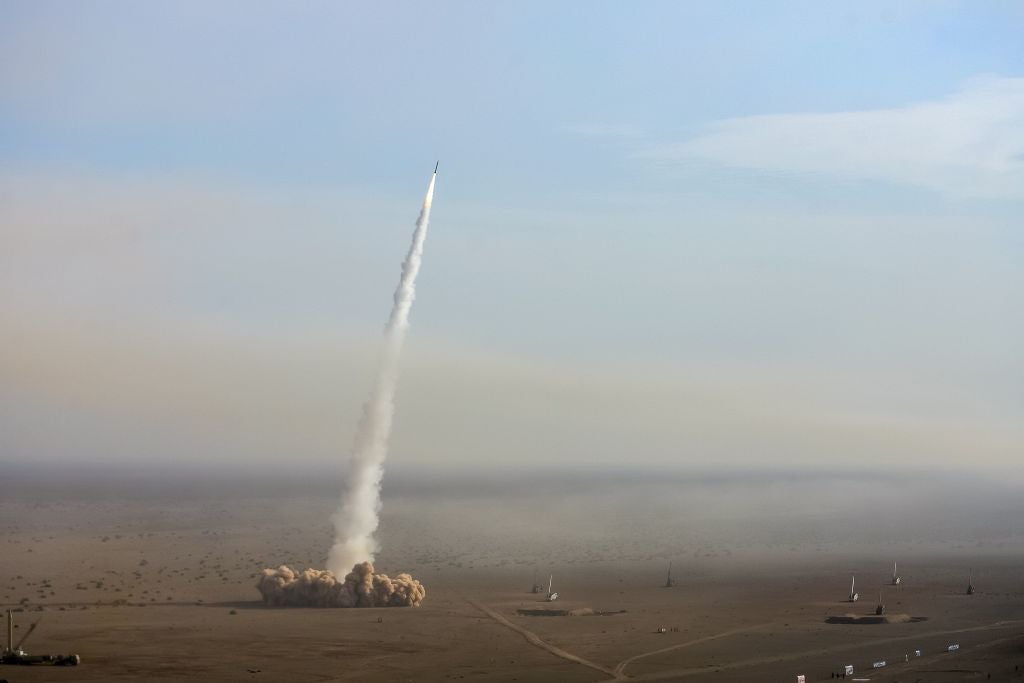Block MEMS has secured a contract to support the US Defense Advanced Research Agency’s (DARPA) SIGMA+ programme for improved defence against chemical threats.
SIGMA+ programme aims to develop a real-time, early detection system for chemical, biological, radiological, nuclear, and explosive (CBRNE) weapons of mass destruction (WMD) threats in urban environments.
Under the $3.5m contract, Block will work in partnership with SRI International under a programme known as Localization and Characterization of Chemical Anomalies in Urban Settings (LOCCUS). Block MEMS is a developer of quantum cascade laser (QCL) based infrared detection systems.
The LOCCUS programme will bring together SRI’s point sensing technology and Block’s standoff sensing technology.
Together, the companies will focus on building an adaptive, high-sensitivity, ruggedised detection capability.
Block MEMS Technology vice-president Dr Anish Goyal said: “The SIGMA+ contract extends Block’s standoff, chemical detection capabilities to the real-time, monitoring and mapping of urban environments.
How well do you really know your competitors?
Access the most comprehensive Company Profiles on the market, powered by GlobalData. Save hours of research. Gain competitive edge.

Thank you!
Your download email will arrive shortly
Not ready to buy yet? Download a free sample
We are confident about the unique quality of our Company Profiles. However, we want you to make the most beneficial decision for your business, so we offer a free sample that you can download by submitting the below form
By GlobalData“Block’s QCL technology and advanced algorithms are ideally suited for this application and we look forward to the development and, ultimately, deployment of such systems by operational partners.”
The company’s eye-safe laser capability will help in creating chemical detection maps via standoff sensing in a complex three-dimensional urban topography.
Block MEMS president Al Weggeman said: “This is a great opportunity to partner with DARPA and SRI International in the creation of technologies that promote global safety and security.”
Last month, SRI won a contract from DARPA to develop an early warning chemical threat detection system for urban areas.
The SIGMA+ programme seeks to expand DARPA’s previous SIGMA programme, which focused on the detection of illicit radioactive and nuclear materials.
The programme will include the development of new sensors and networks with the objective of assisting authorities in the detection of chemical, biological, and explosives threats, in addition to illicit radioactive and nuclear materials.






